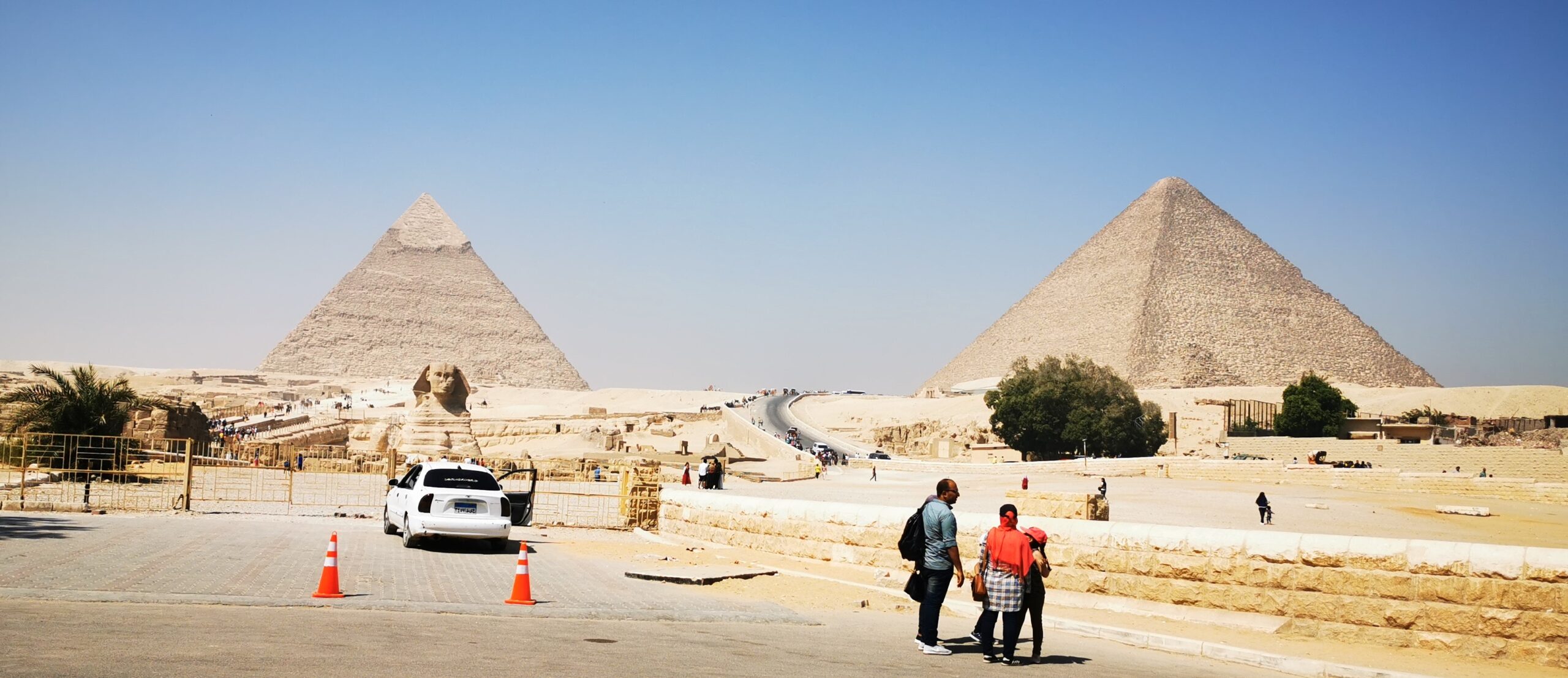Egypt has been making steady and notable progress in attracting foreign direct investment (FDI) in recent years, despite the pandemic-driven global economic downturn.
The Egyptian Startup Ecosystem Report 2021, prepared by tech news portal Disrupt Africa, says that Egypt has the “fourth largest startup ecosystem on the continent, behind only South Africa, Nigeria and Kenya,” and surpasses the top three in critical areas like entrepreneurial innovation and investment. Over the last five years, Egypt has attracted startup investments big enough to deliver unicorns.
This, coupled with burgeoning inflows of FDI in other key sectors including construction and real estate, healthcare, food and agriculture, consumer goods, and finance, offers some cause for optimism despite experiencing a slump amid the pandemic.
Encouraging signs suggest that Egypt may finally achieve its long-sought-after goal of being one of Africa’s and the Middle East’s most attractive destinations for foreign capital.

Public policy push
A December 8 Fitch Ratings report confirmed that foreign investments in Egypt’s local-currency debt instruments market have rebounded since their early pandemic flight.
Fitch attributed the rapid return of investments to Egypt’s recent economic and structural reforms, IMF-supported initiatives, high real interest rates, and stable exchange rates. The ratings agency noted, however, that the sluggish global economic conditions, inflation and the country’s dependency on external loans are eroding its attractiveness to would-be investors.
FDI inflows in FY 2020/21 reached $5.9 billion, compared to $7.5 billion in FY 2019/20. This drop has been attributed to the impact of the global pandemic and is not necessarily reflective of a decline in investor sentiment relating to Egypt’s attractiveness as a destination for FDI.
Promising signs
In December, Abu Dhabi-based ADQ, one of the largest holding companies in the U.A.E., announced it has established new offices in Egypt, underscoring the investment platform’s $20 billion strategic investment collaboration with The Sovereign Fund of Egypt (TSFE) announced in 2019. The platform aims to help advance Egypt’s economic development through joint strategic investment projects, specialized funds and investment tools in key sectors such as healthcare and pharma, utilities, food and agriculture, real estate and financial services.
Similarly, confidence in Egypt’s economic outlook has been echoed by Saudi electronics retailer eXtra, which announced that it will establish a fully owned subsidiary in Egypt with an initial direct investment of EGP 1 billion. Saudi Arabia is the second-largest investor in Egypt, with investments totaling $6 billion distributed across more than 500 projects, according to Egypt’s Ministry of Trade and Investment.
Overall, FDI to Egypt accounted for a sizable 14.5% of the $40.5 billion invested in the region, according to a 2020 report by the Arab Investment and Export Credit Guarantee Corporation.
TSFE relayed statistics from the IMF that projected Egypt’s FDI will experience massive tailwinds in the coming years, recording $8.6 billion in FY 2021/22, $11.7 billion in FY 2022/23, $14.9 billion in FY 2023/24, and $16.5 billion in FY 2024/25, according to a December report on the State Information Services website. The Cabinet Media Center published an infographic report December 8 highlighting the IMF’s projection that Egypt will become the second-largest Arab-African economy by 2022.

Room for improvement
According to Ernst & Young’s Africa Attractiveness Report 2021, Egypt sat comfortably in fourth with 13.6% of the continent’s total FDI inflows, behind Nigeria at 17.5% and ahead of fifth-placed Kenya at 10.9%.
Among the main factors bolstering Egypt’s performance in attracting FDI are Chinese mega-investment projects in the real estate and construction sectors as well as Russia’s smaller, though still considerable, capital-intensive projects in the energy sector.
According to a study by Lloyds Bank, “the dynamic growth of the Egyptian economy, its strategic geographical position, low labor costs, skilled workforce, unique tourist potential, substantial energy reserves, large domestic market and the success of the reforms undertaken by the authorities (including many privatizations)” contributed to drive up FDI.
Among the positive steps to draw in FDI, Egypt’s 2017 investment law includes performance requirements and investment incentives, with provisions for labor-intensive projects and geographical location.
Also, the government has set up special economic zones with business-friendly regulations, which according to the Lloyds report are more liberal and have more efficient administration, tax incentives, facilitation of registration and customs procedures, and better infrastructure.
Outside of these zones, however, it remains a bureaucratic burden to register a new company, and “instability in [Egypt] is still hindering business developments,” according to the Lloyds study. Also, a “fragile banking sector,” insufficient infrastructure, omnipresent public sector and “cumbersome customs procedures and non-tariff trade barriers” need to be resolved in order to boost Egypt’s FDI appeal.
Despite an increasing number of bilateral trade agreements and legislative reforms (particularly in areas such as imports and exports, customs, enterprises, and bankruptcy) aimed at boosting FDI, Egypt ranked 114th out 190 countries in the 2020 Doing Business report of the World Bank — up six spots from the 2019 report but still a long way off where it needs to be for Egypt to reach its FDI goals.







